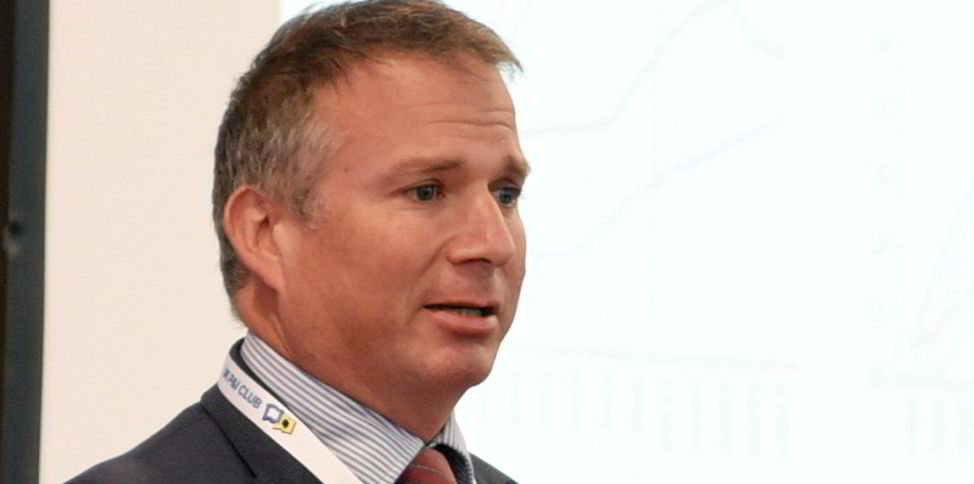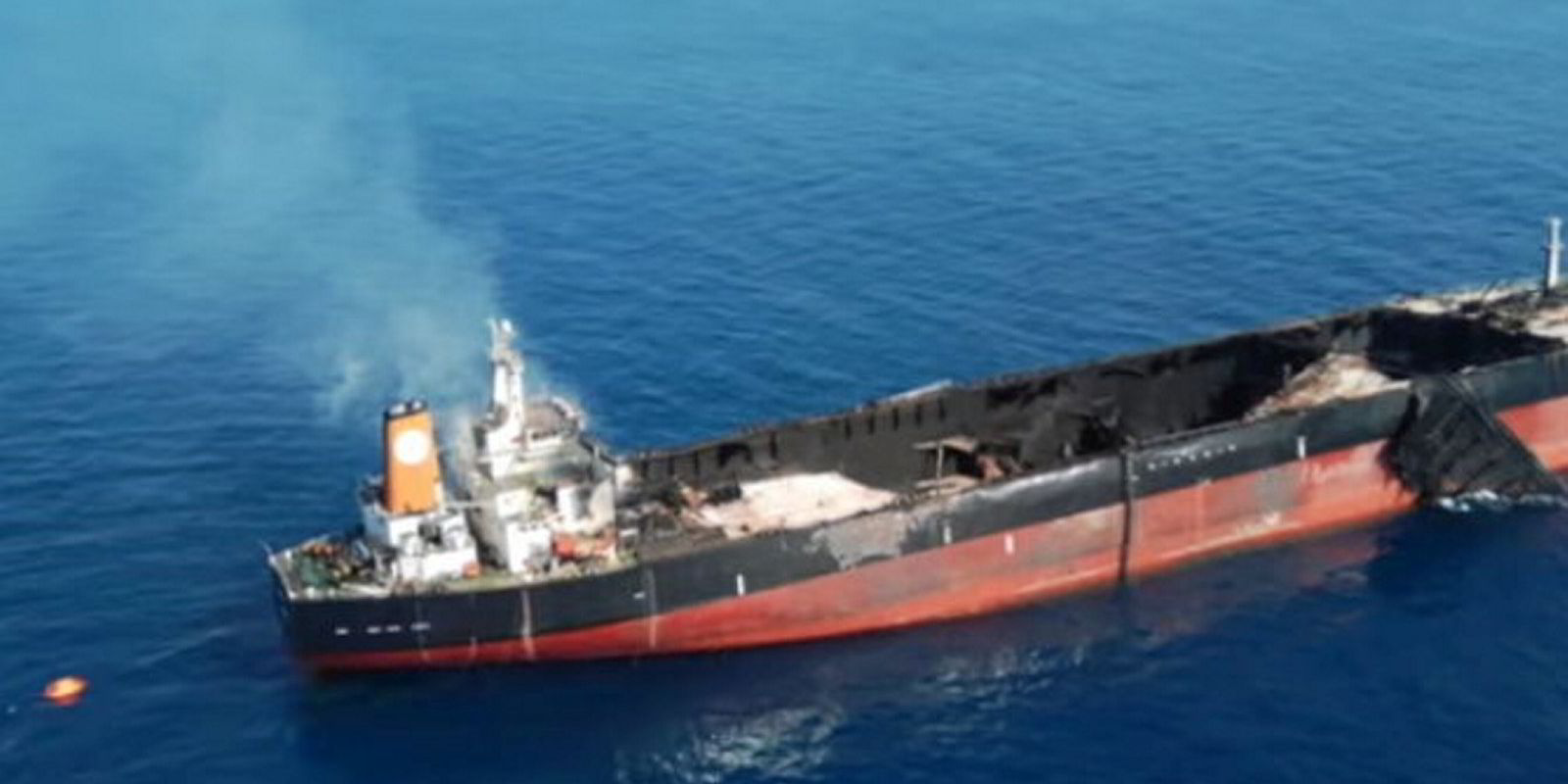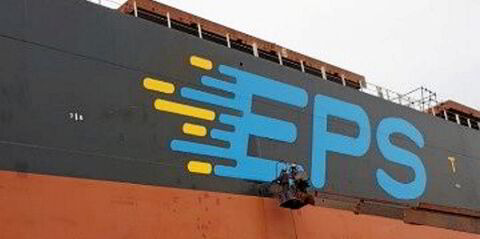Nearly one in six tankers will be aged 20 years or more by mid-2025, according to new research.
The findings add to concerns over the risk of an oil spill from a shadow fleet vessel that is potentially subject to limited regulation and insurance.
The rise of the elderly tanker has been sparked by the emergence of a group of new owners seeking to exploit the bumper rates on offer for hauling sanctioned Russian oil.
Research by shipbroker Braemar suggests that the proportion of tankers aged 20 years or more has increased from 2.2% in 2019 to nearly 8% today — and is likely to rise to 15.5% by mid-2025.
With a low orderbook, charterers are forced to look to older tonnage not just for Russian trades but on other routes, according to head of research Henry Curra.
Despite restrictions on chartering older ships and the costs of 20-year special surveys, Braemar predicts that this group of elderly vessels will make up 11% of all tanker demand by mid-2025, up from 3% before the invasion of Ukraine.
Curra said a spill from an old ship could rapidly shift the balance, with charterers forced to pay elevated rates for younger tonnage.
“Owners of younger ships could see a 11% hike in demand for their assets” in the event of such a major event.
The issue was highlighted by an explosion on board the 26-year-old 96,800-dwt aframax Pablo (built 1997) last week off Malaysia.
Three of the 26-member crew were reported missing, but a serious spill was averted as the vessel was on ballast.
The tanker was deleted from three different registries from June 2021 to October 2022 following its alleged involvement in sanctioned ship-to-ship oil transfers and an Iranian port call, according to documents seen by TradeWinds.
Jan Stockbruegger, a maritime security expert at Copenhagen University, said the explosion highlighted concerns he had previously raised about the potential for accidents linked to the shadow fleet.
“This is the risk when you have a very old tanker not properly regulated,” he said.
“I hope that this is a warning call for everyone and we take this issue much more seriously and try to address it.”




